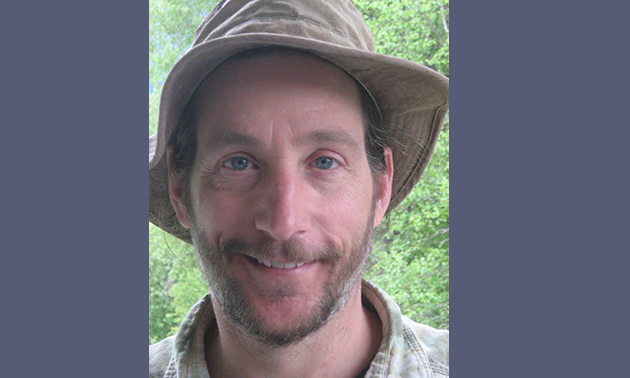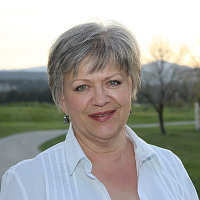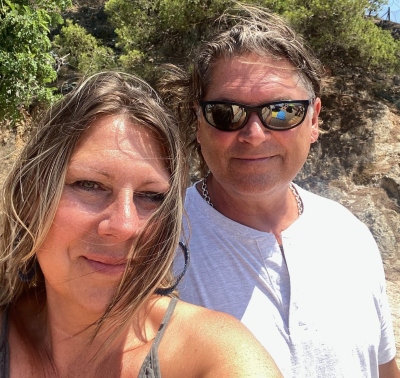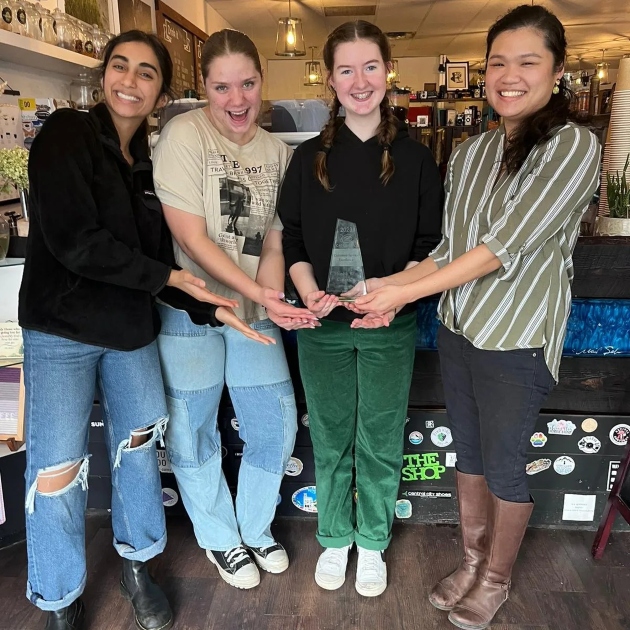Helpful microbes
MyCrobz Bacteria Solutions deals with waste—from veggie peels to disastrous oil spills

Todd Veri is the owner/operator of MyCrobz Bacteria Solutions in Winlaw, B.C. — Photo courtesy of T. Veri
Todd Veri of MyCrobz Bacteria Solutions has been marketing his waste management products for almost two years. He first heard of the concept of fermenting waste materials—the process is commonly known as “bokashi”— a few years ago when he was living in London, England.
Though interested in the idea of converting all types of food waste—not just plant materials—to a usable source of soil nutrients, Veri was skeptical about the efficacy of this method. His research led him to the work of Dr. Teruo Higa of Japan, who coined the term “effective micro-organisms,” or EM.
Where it all began
“Back in the 1980s, Dr. Higa developed a combination of micro-organisms—lactic acid, yeast and photosynthetic bacteria—and that’s the foundation of all of the products in the MyCrobz line,” said Veri. “It’s a combination that’s used around the world.”
We hear often about lactic acid and yeast, but photosynthetic bacteria—which use energy from light to convert organic material—are not so well known. This type of naturally occurring organism was effectively used in the environmental cleanup after the disastrous oil spill in the Gulf of Mexico.
Working in Winlaw
Veri, who moved from Ontario to the West Kootenay in 1997, runs MyCrobz with the help of his 13-year-old daughter, Hazel. His remote location in Winlaw, B.C., makes for some challenges in terms of sourcing materials.
“Like in many small production businesses, money is tight,” Veri said, “and ramping up production and distribution are expensive. I expect to have greatly increased my production capacity by mid-summer (2012), and at that point I would like to find a distributor for my product line.”
Veri sells starter kits—buckets, lids, absorbent material and starter compound—for the bokashi system, and includes instructions on how to make bokashi starter, should you wish to make your own rather than purchase it.
Bokashi is better
Veri sees several advantages to the bokashi system over traditional composting. First, you can put all of your organic, non-liquid, kitchen waste products into the bokashi container, including meat scraps, small bones and paper napkins. Second, with no smell of rotting, this system is cleaner and more pleasant to use, and does not attract critters. Third, because there is no heat generated in the container, all of the nutrients initially present in the waste material are still present when the material goes back into the soil.






Comments